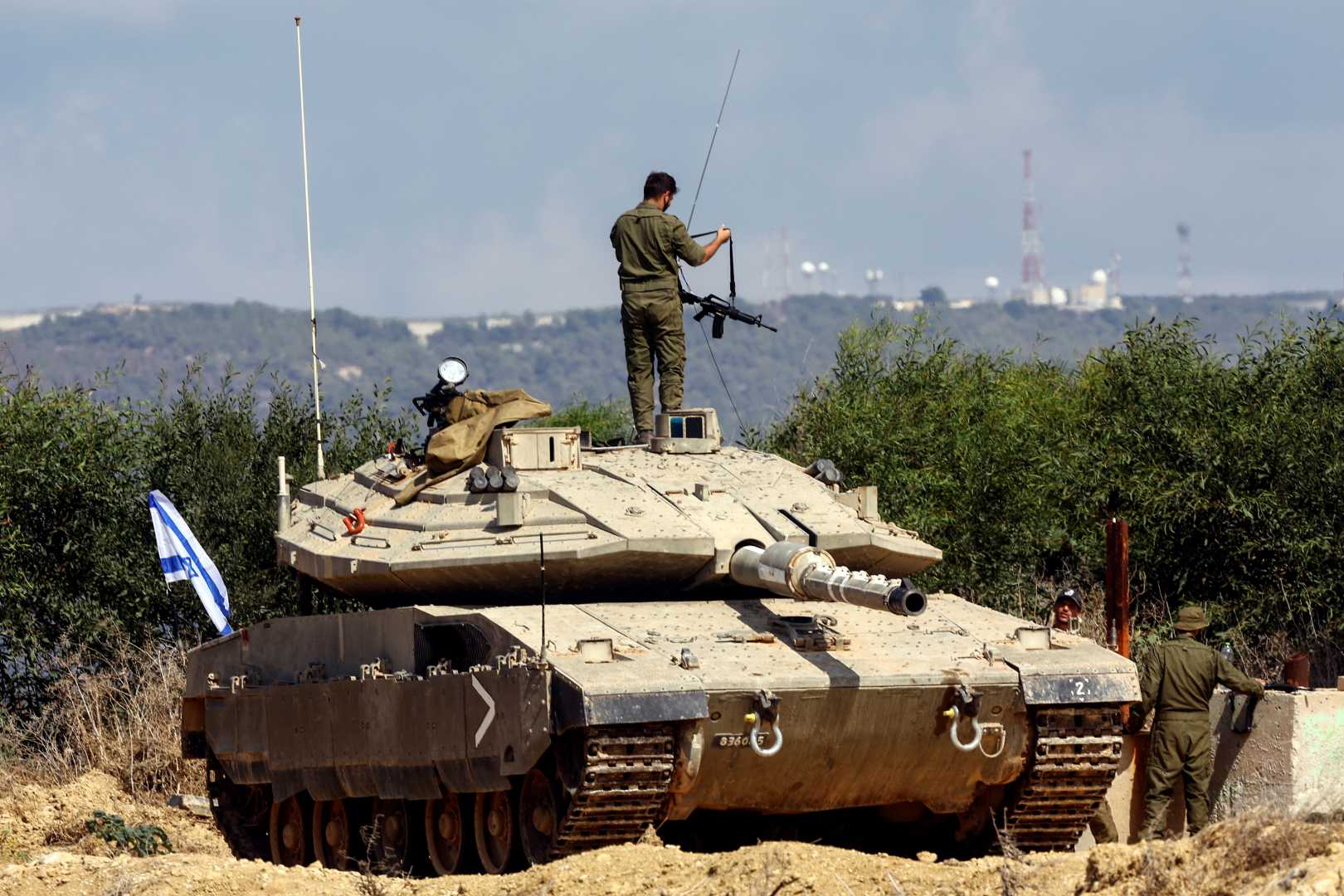World
Escalating Conflict Between Israel and Hezbollah Results in Significant Casualties in Lebanon

Intense Israeli airstrikes targeting Hezbollah positions have resulted in more than 350 deaths in Lebanon on Monday, including 24 children, according to Lebanese authorities. This marks the most lethal day in nearly a year of exchanges between the two sides amidst the ongoing conflict in Gaza.
The continued escalation between Israel and Hezbollah, a powerful Lebanese group supported by Iran, has raised significant concerns within the international community. The Israeli military, which has been shelling the southern and eastern regions of Lebanon, announced a ‘targeted strike’ in Beirut aimed at a Hezbollah commander for the southern front, although the commander purportedly survived.
Throughout the day, the death toll has risen steadily. The Lebanese Ministry of Health reported in the evening that the Israeli airstrikes had claimed 356 lives, including 24 children and 42 women, with over 1,240 injured.
In a video statement, Israeli Prime Minister Benjamin Netanyahu advised Lebanese citizens to ‘stay away from dangerous areas’ pending the end of the ‘operation.’ Meanwhile, Lebanese Prime Minister Najib Mikati condemned what he described as ‘a plan to destroy’ his country, resulting in the closure of schools on Tuesday.
“It’s a catastrophe, a massacre,” Dr. Jamal Badrane, a physician at the People’s Relief Hospital in Nabatiyeh, a southern Lebanese city, told AFP. “The strikes are relentless; we were targeted while evacuating the injured,” he added.
The situation has forced thousands of families to flee the affected areas in panic, as reported by Firass Abiad, Lebanon’s Health Minister. Displaced residents from the south have been arriving in the capital and Saida, receiving aid in shelters, as observed by AFP photographers.
Over the past 24 hours, the Israeli military claimed to have attacked 1,300 Hezbollah targets, in response to rocket fire from the Lebanese militant group, which has been supporting Hamas in its struggle against Israel in Gaza.
General Herzi Halevi, the Israeli military’s chief of staff, stated, “We are primarily targeting combat infrastructures,” indicating preparations for further phases of the operation. In a security meeting in Tel Aviv, Netanyahu reaffirmed Israel’s commitment to reversing the ‘balance of power’ in the north, aiming to facilitate the return of thousands of displaced residents.
Israel announced additional large-scale airstrikes on the Bekaa Valley, a Hezbollah stronghold in eastern Lebanon, advising residents to distance themselves from the Islamist group’s arms depots. Hezbollah responded with rocket fire aimed at Israeli military depots and bases in northern Israel.
In the early evening, air raid sirens rang out in Haifa, a major northern Israeli port city, prompting residents to seek shelter. Rockets had struck the Haifa area for the first time the previous day.
“I’m not scared for myself, but for my three children,” said Ofer Levy, a 56-year-old customs officer from Kiryat Motzkin, living in northern Israel. “No country can live like this,” she added.
The intensifying exchanges between Israel and Hezbollah were compounded by significant explosions destroying Hezbollah’s transmission equipment across Lebanon in mid-September, which were attributed to Israel and resulted in 39 fatalities, according to Lebanese officials.
Recently, an Israeli strike on a building in southern Beirut killed 16 members of Hezbollah’s elite forces, including their leader Ibrahim Aqil, resulting in 45 total deaths, including civilians, according to official Lebanese sources.
Egypt has urged the United Nations Security Council to intervene to ‘halt the dangerous Israeli escalation in Lebanon,’ cautioning against the risk of ‘a comprehensive regional war.’ Iraq has called for an ‘urgent meeting’ of Arab countries on the sidelines of the UN General Assembly to ‘halt’ Israel, while Turkey has accused Israel of driving the region into chaos. Iranian President Massoud Pezeshkian also accused Israel, Tehran’s arch foe, of seeking to ‘expand’ the conflict.
The United Nations Interim Force in Lebanon (UNIFIL) expressed ‘grave concern’ over civilian safety in southern Lebanon. The United States, Israel’s main ally, has ‘urged’ its citizens to leave Lebanon. President Joe Biden reiterated efforts towards ‘de-escalation.’ The newly appointed French Foreign Minister, Jean-Noël Barrot, will coordinate with key counterparts in New York to promote the ‘necessary de-escalation’ in Lebanon, according to his ministry.
China also urged its citizens to leave Israel ‘as soon as possible,’ while the Kremlin expressed great concern. United Nations Secretary-General Antonio Guterres warned against Lebanon becoming ‘another Gaza.’
In nearly a year of violence between Israel and Hezbollah, hundreds have died in Lebanon, predominantly militants, along with dozens in Israel and the occupied Golan Heights. The conflict in Gaza unfolded when Hamas launched an attack in southern Israel, resulting in over 1,205 deaths, mostly civilians, according to AFP’s count based on Israeli official figures, which includes hostages dead or killed in captivity in Gaza.
Of the 251 individuals abducted, 97 remain held in Gaza, with 33 declared dead by the Israeli military. In retaliation, Israel has vowed to demolish the Islamist militant group ruling Gaza since 2007, which is classified as a terrorist organization by the United States and the European Union. The ongoing military offensive in Gaza has resulted in at least 41,455 deaths, primarily civilians, according to the Hamas government’s health ministry figures considered reliable by the UN, creating a humanitarian catastrophe.












